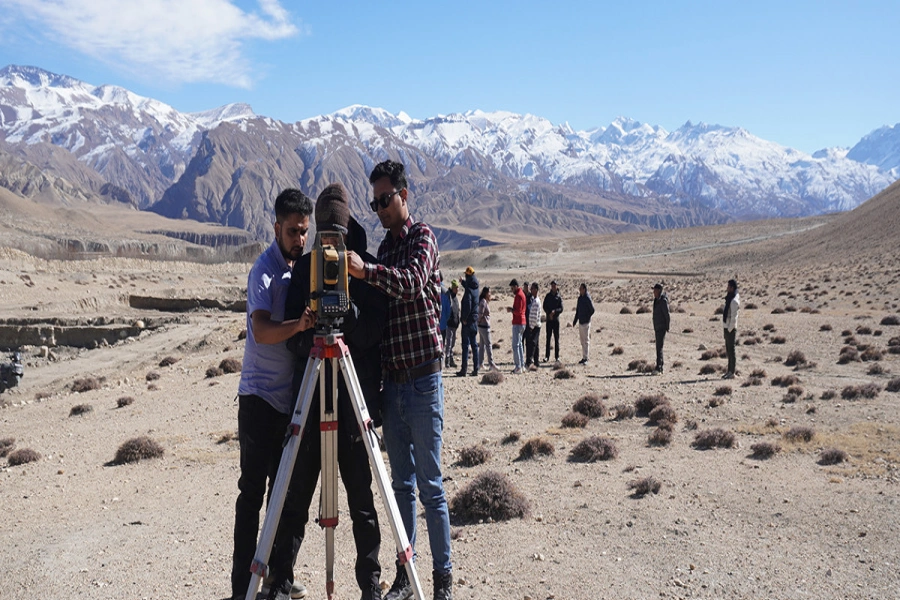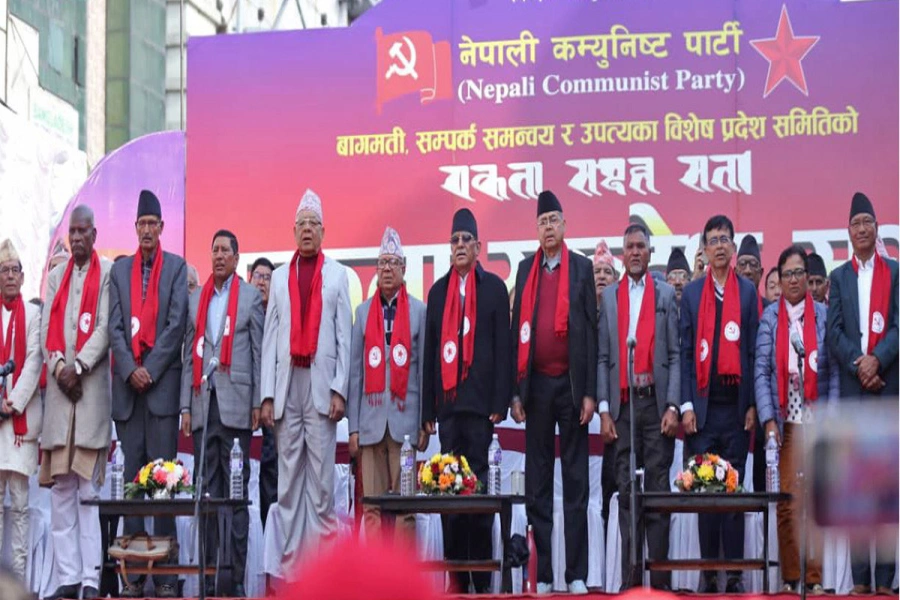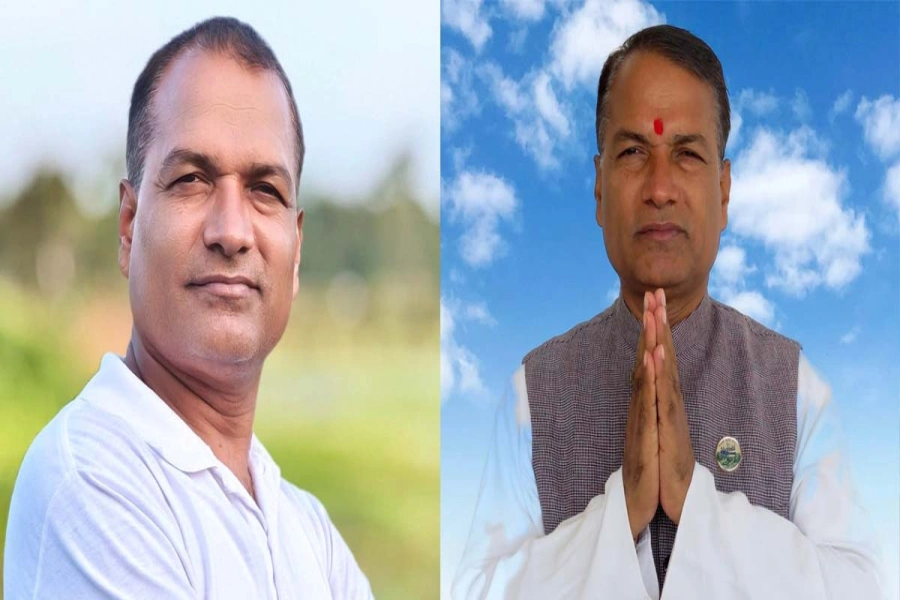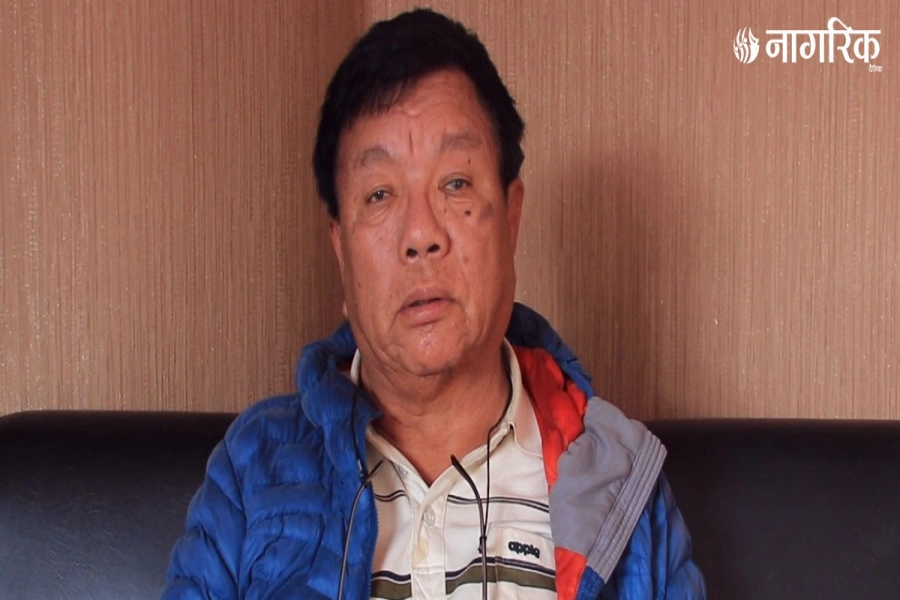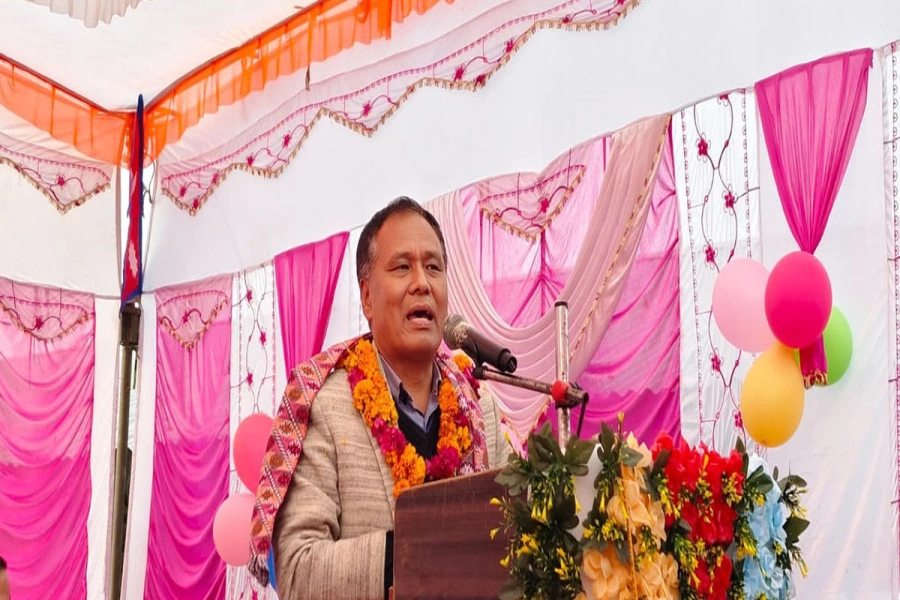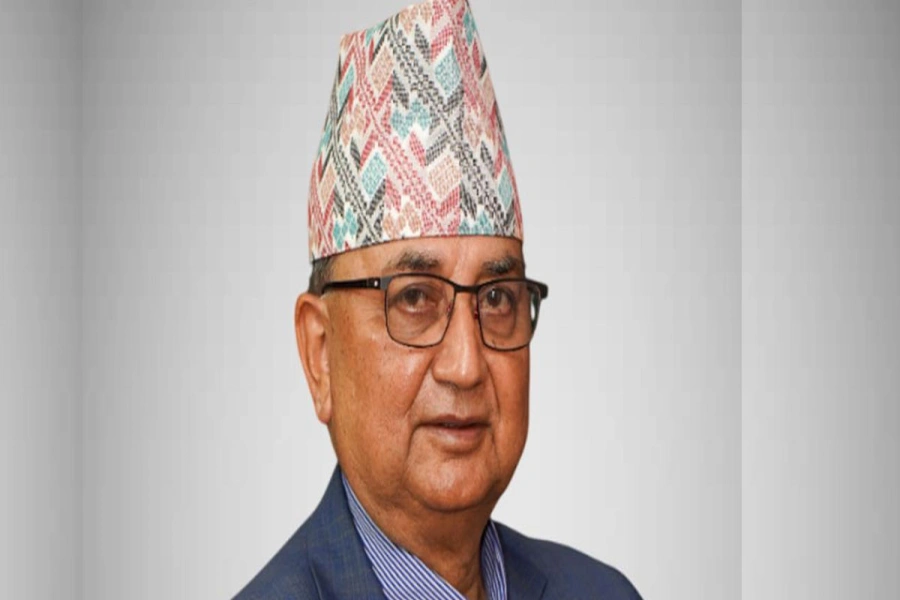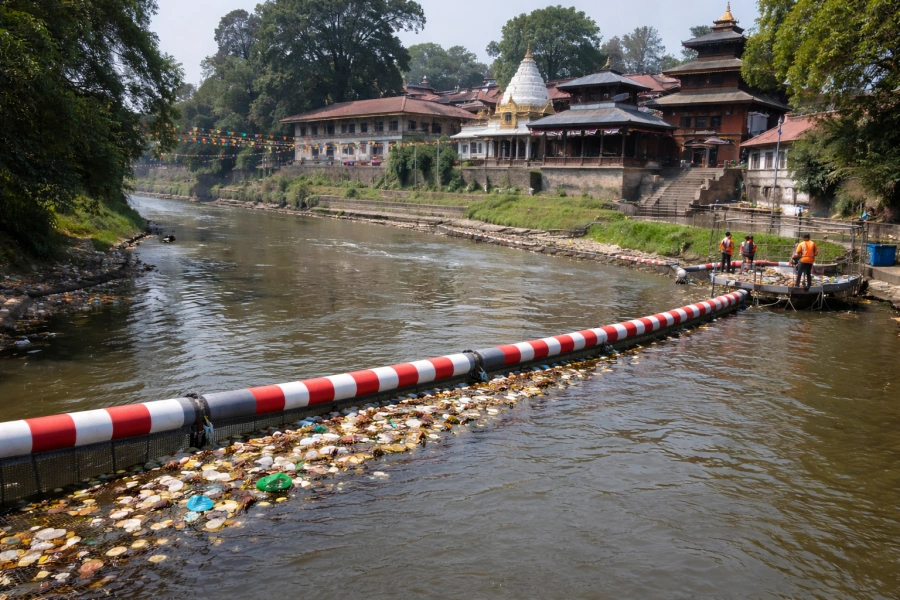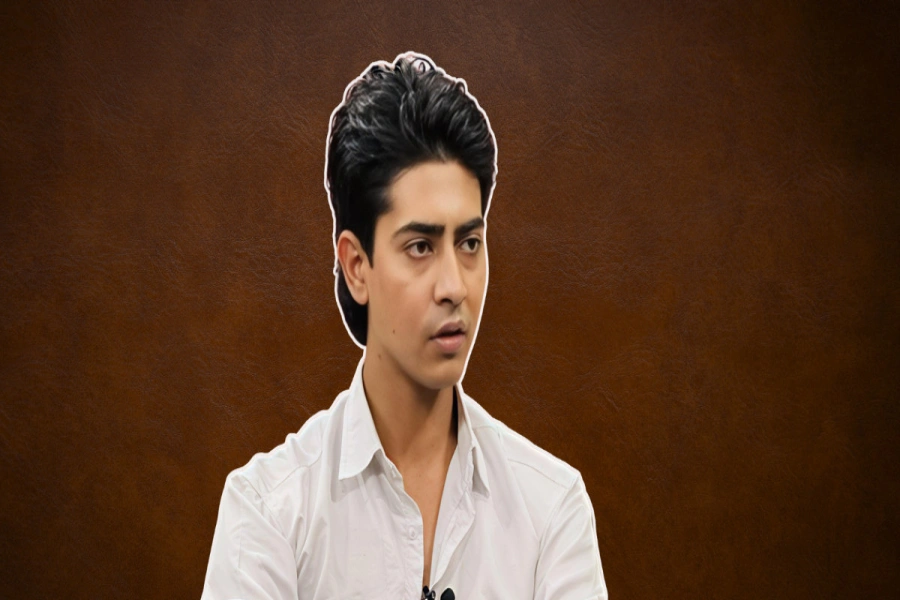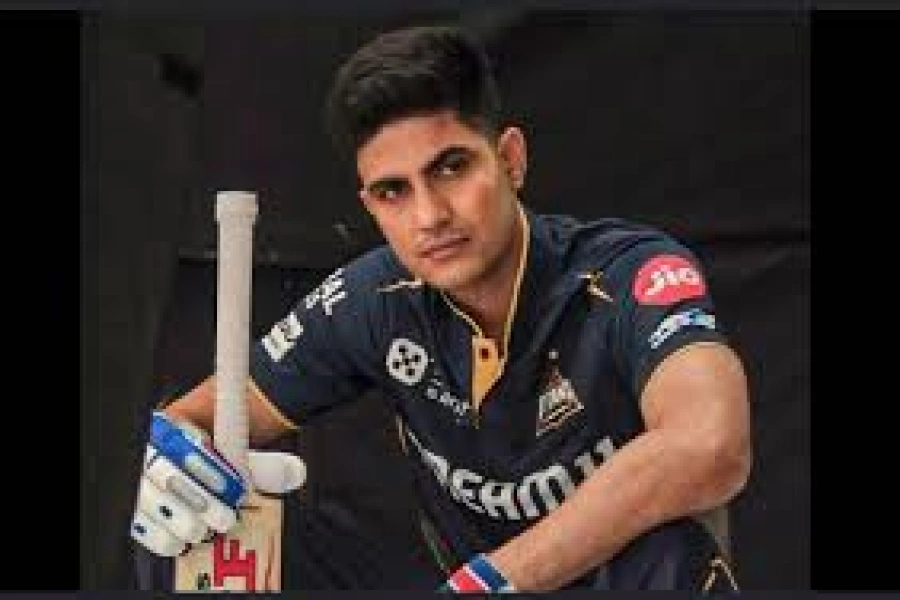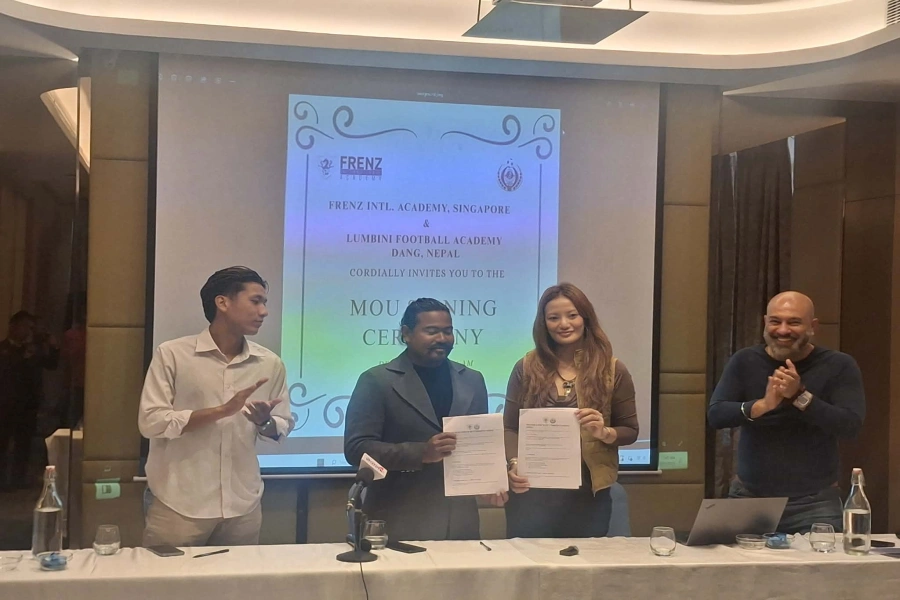Good thing is that Parajuli is gone. Bad thing is that actors who elevated Parajuli to that most important post are active and unapologetic
Gopal Parajuli has set us free finally. We can write against his misdeeds without the fear of being dragged in contempt of court charge. Tragedy (or farce if you like) of our democracy is that you can speak and write against virtually everyone—the civil society leaders, members of intelligentsia, politicians, bureaucrats, ministers, prime minister and the president. But we cannot speak against judiciary and its head—even if they are in the wrong—with same vehemence. The house of law that should be revered as the institution that protects you from injustice in the recent times has become a source of fear.
This explains why there was no collective opposition in mainstream media about misdeeds of chief justice Parajuli. Many refrained from calling him what he is: the wrong man who had been wrongly picked, who misused powers to silence critics, who brought disgrace to himself and to the entire justice fraternity.
Our judicial processes are complicated and cumbersome so much so that the person seeking justice will end up spending precious time and resources only to be disillusioned. This is why most people refrain from seeking legal remedies even in serious cases. Until this fear remains and until people are convinced that the temple of justice does no wrong, faith in justice delivery institution won’t be revived. Until the sword of contempt of court hangs over whistleblowers, voices for reforms in the judiciary will be muted.
There could be various rationales for contempt of court provision but inherently it stems from the faith that courts do no wrong and therefore one should think twice or be really careful while speaking against judiciary and judges. Since judiciary is being susceptible to manipulation with greed and money, idea of contempt of court is slowly becoming obsolete. None but Parajuli contributed to this.
Corrupt case
What Gopal Parajuli did as a judge and chief justice is an open book now. He presented himself as the justice with proven proclivity for protecting the corrupt. Under his leadership, Supreme Court was seen more as obstructing rather than delivering justice in cases involving corrupt public officials.
19th Sawa Lakh Rot Festival begins in Gorkha

He undermined all efforts made by Dr Govinda KC to free medical education sector from the hands of mafias. Few gains Dr KC made (he would at least be able to make the governments commit to address his demands and sign agreements with him to that end) would be reversed by Parajuli. When Dr KC said enough is enough and sat on hunger strike questioning the questionable integrity of Parajuli, he had him arrested immediately and put the satyagrahi behind the bars. He intended to defame Dr KC but he himself got badly defamed.
Parajuli served interests of mafias, cartels and syndicates visibly. He reinstated corruption accused Managing Director of Nepal Oil Corporation Gopal Khadka. And Chudamani Sharma was released by the Supreme Court. As long as he was in the Supreme Court, it seemed, every attempt of CIAA to book the corrupt would be foiled. Parajuli, like a recent edition of Nepal magazine, has rightly called, was the pharji sriman (fake judge)—with fake credentials, fake records and fake commitment to delivering justice. This was the first case of great erosion in public faith in judiciary. May it become last!
Parajuli was dishonest yet he made to the highest office of judiciary. But so was Lok Man Singh Karki. There are parallels between the two. Karki was a controversial figure. He was indicted by Rayamajhi Commission for his alleged involvement in suppressing 2006 People’s Movement. He had not met qualification requirements to head CIAA. Civil society leaders and media had warned against his appointment. But he became the CIAA chief in 2013 anyway.
Once he came to power, he attacked everyone who questioned his manners and actions. He called Dr Govinda KC ‘mentally unstable.’ Parajuli went a step further. He jailed the satyagrahi.
Likes of Parajuli and Karki have often made to the top post. Political parties could have prevented rise of Karki. They did not. Parliamentary Hearing Special Committee could have stopped Parajuli. It did not. In fact, no politicians ever spoke against the “fake” justice.
Good thing is that Parajuli is gone. The bad thing is that actors who elevated Parajuli to that most important post are active and unapologetic. There is no guarantee that likes of Parajuli (the name is getting established as a metaphor of vice in judiciary) won’t be able to make to the top post again. There is nothing to celebrate about his eviction.
Business as usual
Resignation or eviction from power for the corrupt and the depraved have become the means to get away with impunity. Once a man resigns he is pardoned. This happened in the case of Lok Man as well. After the Supreme Court relieved him from office, he has been walking freely. The call for investigating his abuse of authority while in CIAA is heard no more. Nobody talks about holding him to account.
Those who suffered at his hands—whom he hounded, whom he prosecuted on trumped up charges and whose public image he tarnished—have stopped becoming subject of our attention. Parajuli is likely to enjoy the same. He may become the headlines for the next few days and then he will be soon forgotten. The billions of rupees loss to the state he caused through his faulty verdicts, the shame he brought to the country everything might be forgotten. Unless somebody as corrupt (corrupt because he gave clean chits to the corrupt) as him will come to public office again, Parajuli might not even become subject of reference. This is not how we can create a corruption-free society. With the corrupt and the crooks, we need to be cruel in judgment, in speech as well as writing. This barely happens.
Divided we suffer
Gopal Parajuli’s case, or Lok Man’s for that matter, was not a ‘them versus certain media outlets’ war as might have appeared to some. But this is exactly how big issues are often handled by the media. Nepali media is fraught with fault lines of their own.
Nepali media often stand divided when they have to stand united. This time around, it was as if Gopal Parajuli’s misdeeds were the concerns only of Kantipur. Obviously, since Kantipur was put into trouble for reporting, it was natural for it to report the incident with rigor. But why does it often happen that issue that is raised by one media outlet is considered as a non-issue by others? Why does it have to be that only Kantipur reports on Parajuli? Why is it that Gopal Khadka’s corruption case is reported by Nagarik and others pay no or little attention to it?
How can it be that blockade, is a blockade for one media outlet and simply an ‘obstruction of supplies’ for others? How can it be that Lok Man is power abuser to one house and not so to others? Nepali media should come out of this parochialism.
Editors of big media and Nepal’s media moguls need to sit together and chart common understanding on how to respond to geopolitical maneuvering, abuse of power and other issues of national importance.
Battle against misrule, misdeeds and vices can be won only with a collective effort from civil society and media. When the rot runs deep and spreads wide, it should be uprooted from its very foundation and every direction.
mahabirpaudyal@gmail.com




